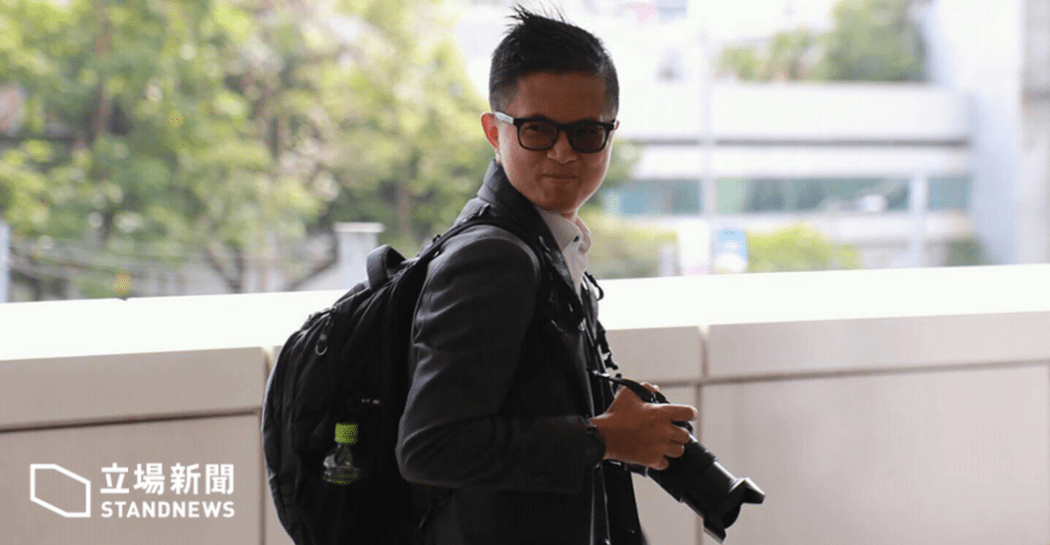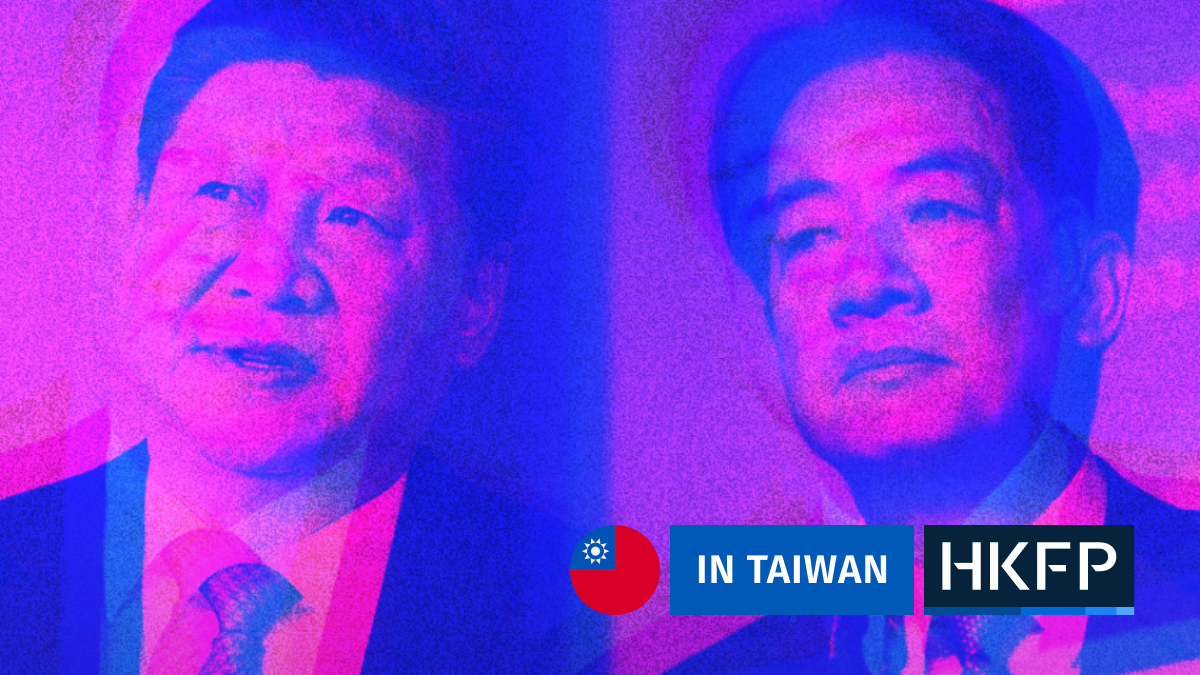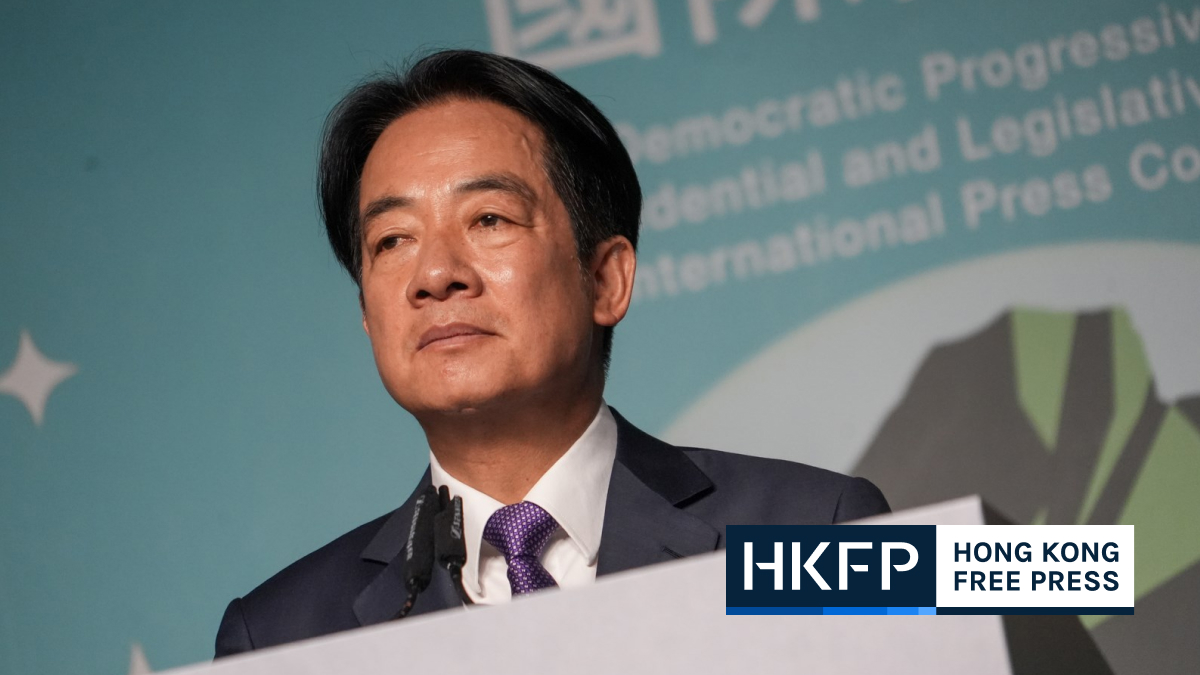Hong Kong’s top court has ruled that the city’s prosecutors cannot indict people who are not physically present at a riot or an unlawful assembly as principal offenders using the common law principle of “joint enterprise.” However, they may still be held liable for “secondary and inchoate offences.”
The Court of Final Appeal on Thursday handed down a far-reaching verdict, ruling that the doctrine of “joint enterprise” – whereby a secondary offender may be found guilty of the same charge as a primary defendant – cannot be applicable to rioting and unlawful assembly cases.

A five-judge panel led by Chief Justice Andrew Cheung said “taking part” was a “centrally important element” of the offences under sections 18 and 19 of the Public Order Ordinance. It cannot be overridden by the legal principle concerned, the top court said, otherwise it would be “inconsistent with the statutory language.”
“[The basic form of joint enterprise] cannot be relied on to fix liability as a principal offender on a defendant who was not present and not acting as part of an assembly together with others so assembled,” the 47-page judgement read.
Joint enterprise should not be applied to defendants at the scene either, the top judges ruled, as it may “cause confusion” because the element of “taking part” is already included in the statutory offences.
Thursday’s verdict overturned a decision by the Court of Appeal in March, when it sided with the secretary for justice and said joint enterprise was applicable to unlawful assembly and rioting cases. The lower court also ruled that a physical presence at the crime scene was “not always necessary” for criminal liability, saying protest participants had “sophisticated division of labour,” including a “mastermind” who gave commands remotely. People who made social media posts to “encourage” the illegal gatherings and those acting as “lookouts” were also seen as “clear participants” by the appeal court.

The Court of Final Appeal’s decision does not mean people absent from the scene of a riot or unlawful assembly cannot be held accountable. The top court said those who “promote or act in furtherance” of an illegal assembly – whether they are present or not – may face criminal liability under what it described as an “extended form of joint enterprise” for more serious offences committed when executing a “joint plan.”
“The inapplicability of the basic joint enterprise doctrine does not leave any gap since culpable conduct of absent defendants who engage in promoting or acting in furtherance of a criminal assembly is covered by secondary and inchoate liability offences,” the judgement read.
Conviction upheld
Thursday’s ruling stemmed from the appeals by pro-democracy activists Lo Kin-man and Henry Tong.
Lo had asked the Court of Final Appeal to review his conviction in 2018, when he was found guilty of rioting during the Mong Kok unrest in 2016. But his appeal was dismissed on Thursday, as the court said the activist’s indictment was “defective” but there was “no miscarriage of justice.” He has to continue to serve his seven-year sentence.

The other activist, Tong, was acquitted of rioting in July last year in connection with the 2019 anti-extradition bill protests and unrest, after a lower court said prosecutors had no direct evidence against him. But the 34-year-old’s acquittal prompted the justice minister to seek clarifications on the application of joint enterprise from the Court of Appeal.
The top court’s judgement on Thursday also stated that the prosecutors in Hong Kong are not required to prove there is a “common purpose” shared by a defendant and other people taking part in an unlawful assembly or riot.
It added that, while anyone’s mere presence at an unlawful or riotous assembly does not constitute criminal liability, a defendant who “provides encouragement by words, signs or actions” at the scene may be guilty of participation. They may also be seen as an “aider and abetter” of the crimes committed by others.
Thursday’s ruling will have an effect on several upcoming cases relating to the 2019 protests and unrest.
Support HKFP | Policies & Ethics | Error/typo? | Contact Us | Newsletter | Transparency & Annual Report | Apps
Help safeguard press freedom & keep HKFP free for all readers by supporting our team

LATEST FROM HKFP
HKFP has an impartial stance, transparent funding, and balanced coverage guided by an Ethics Code and Corrections Policy.
Support press freedom & help us surpass 1,000 monthly Patrons: 100% independent, governed by an ethics code & not-for-profit.










